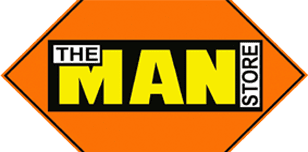Blog, Hi Vis Clothing, Safety Clothing, Safety Glasses
Employer Requirements and Safety Equipment
In the bustling world of industries, safety is paramount. Employers and business owners are saddled with the responsibility of ensuring the safety of their employees, possibly their most valuable asset. One important consideration in maintaining a safe workplace is the use of industrial safety equipment.
This necessity transcends the mere providing of safety equipment; workers must receive proper training on the usage of such gear to derive the maximum benefit.
Employer requirements, legislations, and industry standards play a crucial role in shaping safety practices.
Our focus in this post is to shed light on the importance of industrial safety equipment and the obligation of employers towards their effective implementation.
Stay tuned as we dive deeper into the realm of industrial safety, and explore its profound significance in
maintaining a productive, efficient, and safe working atmosphere.
Understanding Employer Responsibilities in Safety

Understanding the responsibilities that employers have relative to industrial safety is essential.
At the forefront, employers must provide a safe and healthy work environment. This includes regular safety training and discussions to ensure employees are aware of potential hazards.
Such responsibilities also delve into the provision of appropriate safety equipment. From helmets and gloves to specialized machinery, employers are legally obligated to supply this equipment. They also must ensure employees understand how to properly utilize these resources.
Moreover, it is an employer’s duty to regularly inspect and assess the work environment for potential safety risks. Regular maintenance and updates as needed should be undertaken to protect employees.
Ultimately, keeping a business compliant requires ongoing effort, fostering a culture of safety and investing in robust safety measures.
Importance of Industrial Safety Equipment
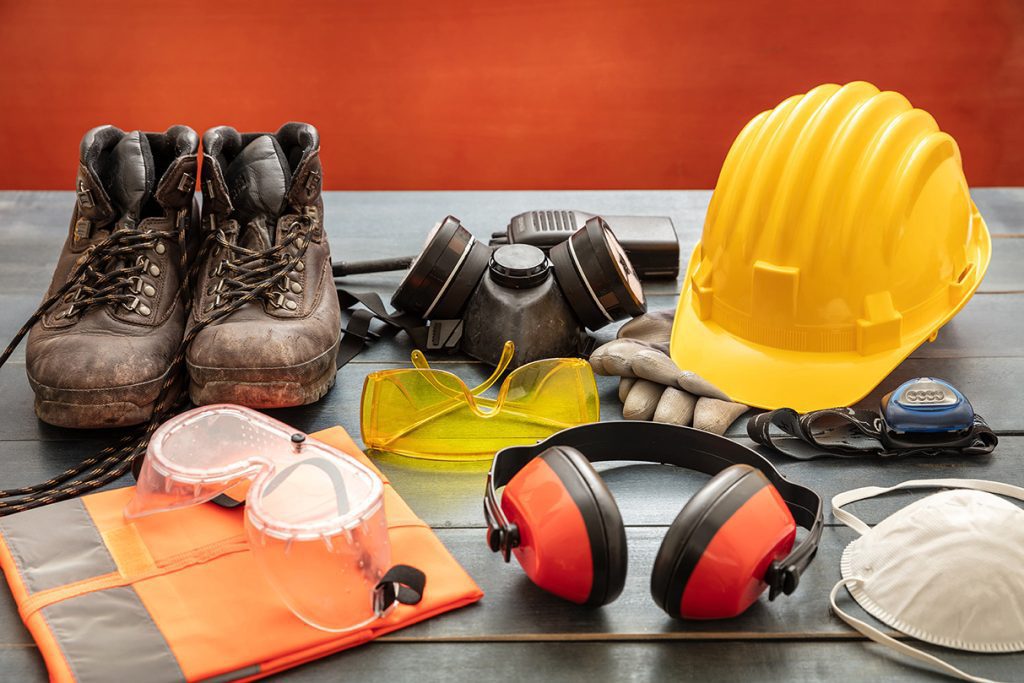
Ensuring worker safety is paramount in any industrial setting. Industrial safety equipment acts as a shield,
protecting the workforce from occupational hazards. This equipment varies from helmets, safety goggles,
gloves to respirators, all designed to mitigate risks and prevent workplace incidents.
Investing in quality safety equipment is not only a legal obligation but also a strategy to boost productivity. Workers equipped with appropriate safety gear can perform their duties more efficiently without fear of potential injuries. This confidence not only leads to an increase in productivity but also fosters a conducive work environment.
Moreover, such preventative measures also save the company from potential legal and medical costs.
Therefore, it is essential to keep industrial safety equipment in check and updated. Remember, a safe
workspace is a productive workspace.
Types of Industrial Safety Equipment
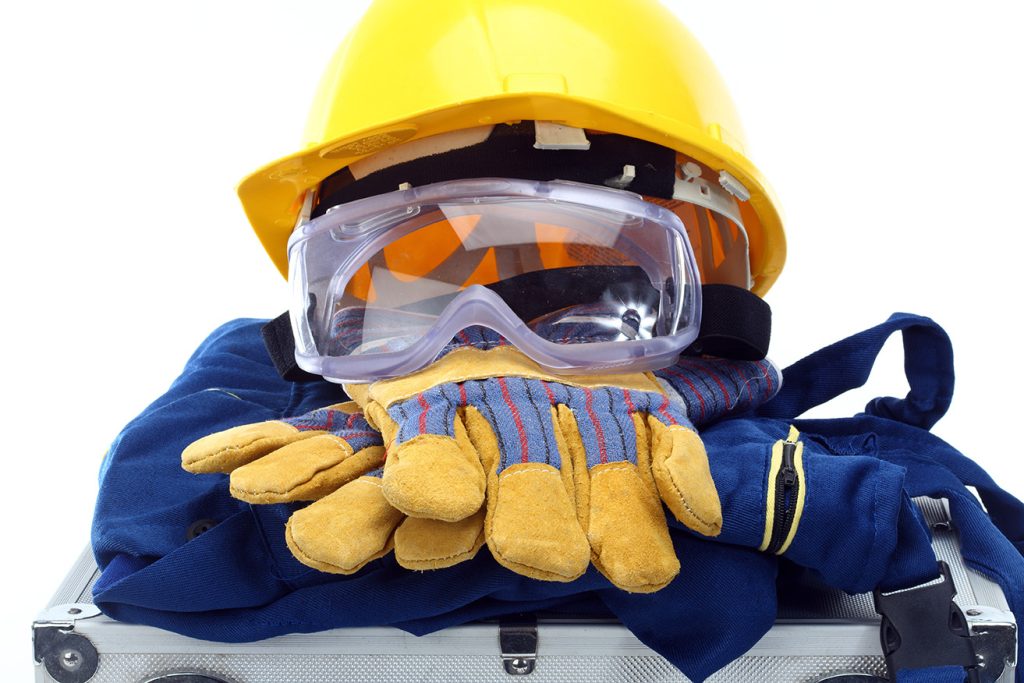
Safety equipment in the industrial sector is diverse, tailored to meet unique sector-specific needs.
First, we have Personal Protective Equipment (PPE). Workers wear these to minimize exposure to hazards.
Included herein are items like safety helmets, gloves, eye protection, high-visibility clothing, and safety
footwear.
Next, we have fall protection equipment like harnesses and lanyards. It’s crucial in industries such as
construction where work at height risks are prevalent.
Respiratory Protective Equipment (RPE) comes in next, an essential piece of gear in industries with airborne contaminants.
Then we have emergency safety showers and eyewash stations – a crucial requirement in industries dealing with corrosive chemicals.
Finally, there’s the fire safety equipment such as extinguishers, fire doors, and smoke alarms. These are
common across many industries to combat fire hazards.
These categories represent the tip of the iceberg in terms of industrial safety equipment available.
Safety Gear for Different Industries
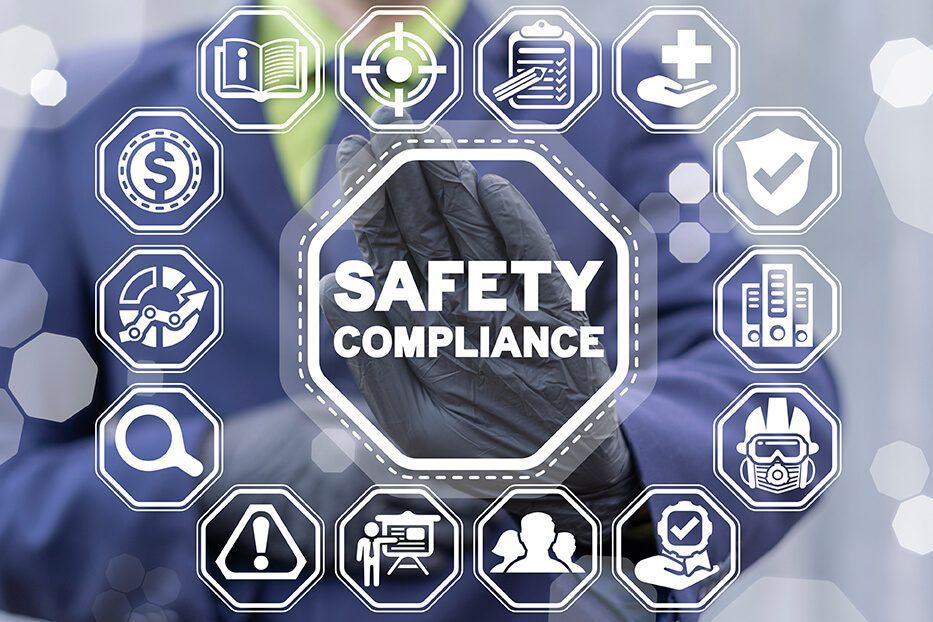
Workplace requirements vary greatly across different industrial sectors, each presenting a unique set of risks and safety concerns.
In healthcare, for example, personnel must don protective clothing, such as safety gloves and masks, to
prevent contamination and the spread of infectious diseases.
Construction workers, on the other hand, require hardhats, safety boots, reflective vests, and harnesses to
protect them from falling debris and hazardous materials.
For those in manufacturing, protective eyewear and noise-cancelling ear muffs are critical to shield
employees from harmful dust particles and loud noise levels.
In the oil and gas industry, employees must don flame-resistant clothing and respiratory protection gear to safeguard against chemical gases and potential fire incidents.
By tailoring safety gear to industry-specific needs, employers not only comply with regulatory standards but also emphasize their commitment to ensuring employee safety.
Legal Requirements for Safety Compliance

Compliance with legal requirements for safety is central to business operations. While details vary by
jurisdiction, broadly understood, employers are obligated to ensure workplaces are safe and devoid of
hazards.
Workplace safety legislation demands provision of adequate personal protective equipment (PPE).
Regulations may also specify the types of safety equipment necessary based on the nature of work involved.
Moreover, employers are often required to carry out regular safety audits, train workers on safety practices, maintain a record of workplace injuries, and follow guidelines for reporting serious accidents.
Non-compliance can result in hefty fines and potential legal action. It is not just about avoiding penalties;
safety compliance is key to protecting the welfare of employees, sustaining productivity, and maintaining a positive brand image.
Remember, an investment in safety is an investment in your business.
The Employer Role in Equipment Maintenance
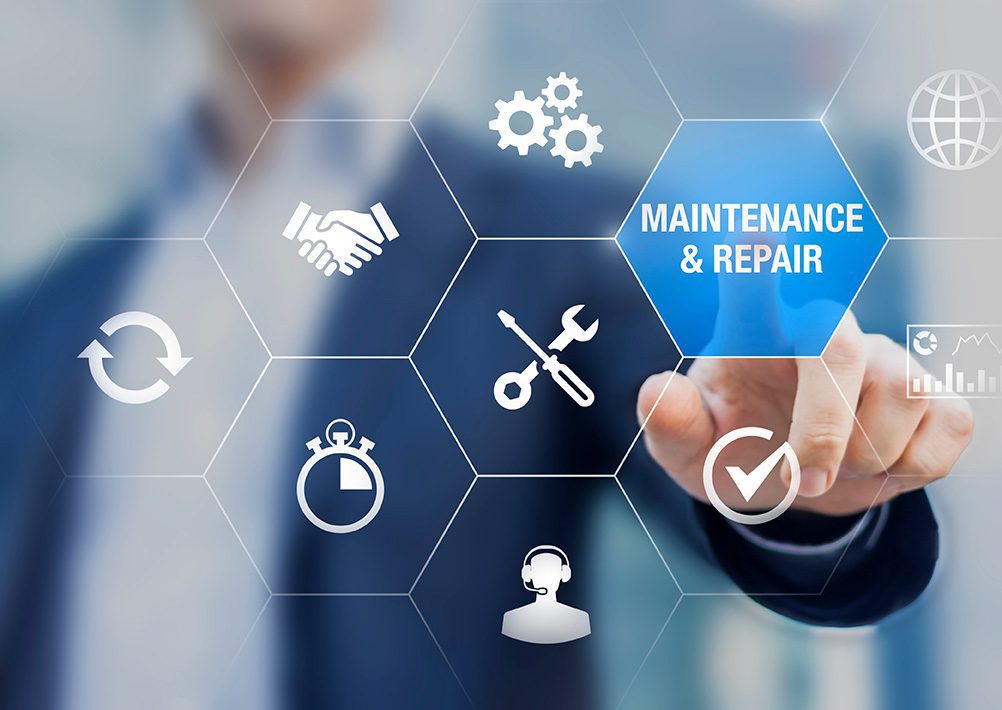
Maintaining a safe work environment is an utmost priority for any employer.
Key to this endeavor is ensuring the proper upkeep of industrial safety equipment.
As an employer, there is a legal and moral obligation to provide a safe environment. This involves regular
inspection and maintenance of all safety apparatus. The lifespan of safety gear is hugely impacted by how
well it’s maintained.
Employees, specifically those using the equipment, need to be educated on the correct use and maintenance practices. Any wear and tear or damage must be reported immediately. It’s the employer’s responsibility to ensure this system is adhered to.
Remember, a safer workplace leads to less downtime and more productivity. Strengthen your business by
being proactive in equipment maintenance.
Employee Training on Safety Equipment Usage

Training your team on the proper use of industrial safety equipment is pivotal to maintaining a safe and
productive work environment.
There is a wide range of safety equipment, including everything from hard hats and safety glasses to fall
protection gear and respirators. Employees must be familiar with the specific use, maintenance, and
limitations of each tool.
Effective training not only educates your team about the function of these safeguards but empowers
everybody to take responsibility for their safety and that of their peers.
Training should be engaging, practical, and relevant to the tasks each employee carries out. Precautionary
measures, like regular safety drills and ongoing refresher courses, are key to ensuring this knowledge
remains at the forefront of your employees’ minds. Remember, safety is not just a requirement, but an
investment in your team’s well-being and the overall success of your business.
Penalties for Non-Compliance with Safety Regulations

While every employer aims to keep their workplace safe, the harsh reality is that accidents sometimes occur. When they do, the potential financial implications can be substantial.
Non-compliance with safety regulations often results in penalties. These can range from fines, lawsuits, and in some severe cases, entire business shutdowns.
Fines are often issued by governing bodies, such as OSHA, that oversee workplace safety. They are typically substantial, acting as a deterrent to businesses.
Additionally, injured employees, or in extreme cases, their families, may lodge lawsuits against businesses.
These can be incredibly expensive and can tarnish a company’s reputation.
Lastly, if a workplace is deemed hazardous and refuses to comply with safety rules, they could be shut down entirely. This could lead to significant financial loss and job layoffs.
Therefore, it’s to your benefit as an employer to regularly review and adhere to these regulations for the
safety of your employees.

Our team is knowledgeable and experienced and goes out of its way to understand the needs of each individual customer. Whether you need new safety equipment or supplies to replace a broken product, our experts are more than happy to help. From helping you find the right size and type of equipment to answering any questions you might have; we always go the extra mile to make sure you get exactly what you need.
The Man Store also offers competitive prices on its products, as well as fast and reliable shipping. Whether you need to restock your safety supplies or want to buy something new, you can be confident that you are getting the equipment that you need at a price that fits your budget.
If you want to make sure everyone on the job site is safe and protected, The Man Store is the first place you should turn. With top-notch customer service and unbeatable prices, we have everything you need to stay safe in the workplace.
Click here to visit our website for all your industrial safety equipment needs. And while you are there, sign up for our newsletter and receive information about upcoming sales!
